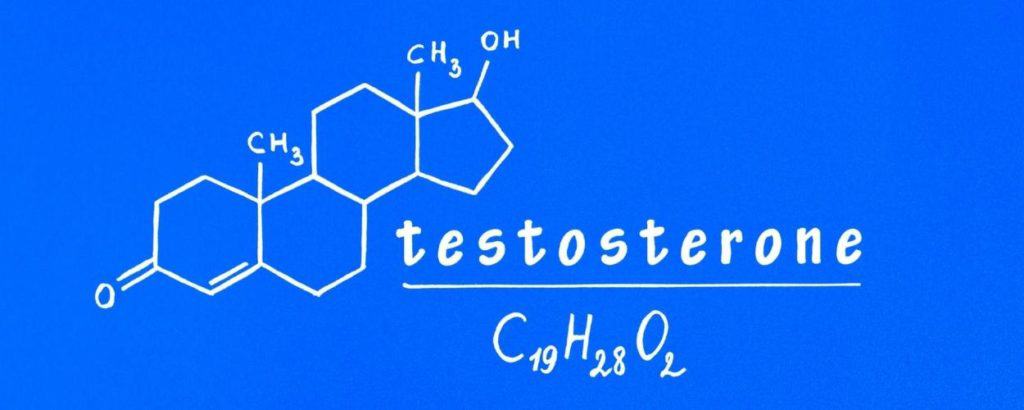
testosterone replacement therapy online
testosterone replacement therapy utah
Side effects of testosterone replacement therapy have been a subject of intense interest within the medical community as well as others. Researchers have studied the possible side effects of testosterone replacement therapy for many years. This includes the cardiovascular system. Some studies have shown that testosterone replacement therapy can be beneficial for men. However, others have found that there are potential risks. It is important to examine the possible side effects of testosterone replacement therapy. Research has shown that testosterone replacement therapy can have positive effects on sexual performance and libido. The long-term effects of testosterone replacement therapy on the cardiovascular system remain unknown. Studies have also shown that testosterone replacement therapy may increase prostate cancer risk in certain men. To ensure patients are aware of potential side effects, it is important to investigate the possible side effects of testosterone substitute therapy.
When examining the cost-effectiveness of testosterone replacement therapy, it is important to consider the long-term benefits and costs associated with this type of treatment. Testosterone replacement therapy is a popular form of hormone replacement therapy. It has been used to treat various medical conditions, including hypogonadism, andropause, and other issues related to low testosterone levels. The potential benefits of testosterone replacement therapy include increased energy levels, improved mood, sexual functioning, and enhanced muscle strength and size. However, it is also important to consider the potential costs associated with testosterone replacement therapy, including the cost of the medication, potential side effects, and potential long-term health risks. While the potential benefits of testosterone replacement therapy may outweigh the costs, it is important to carefully weigh the risks and benefits before beginning any hormone replacement therapy in the long run.
More men are discovering that even low levels of testosterone, as recommended by the medical community, may not be sufficient to give them adequate energy and libido. Maybe, you don't need Viagra after all.




